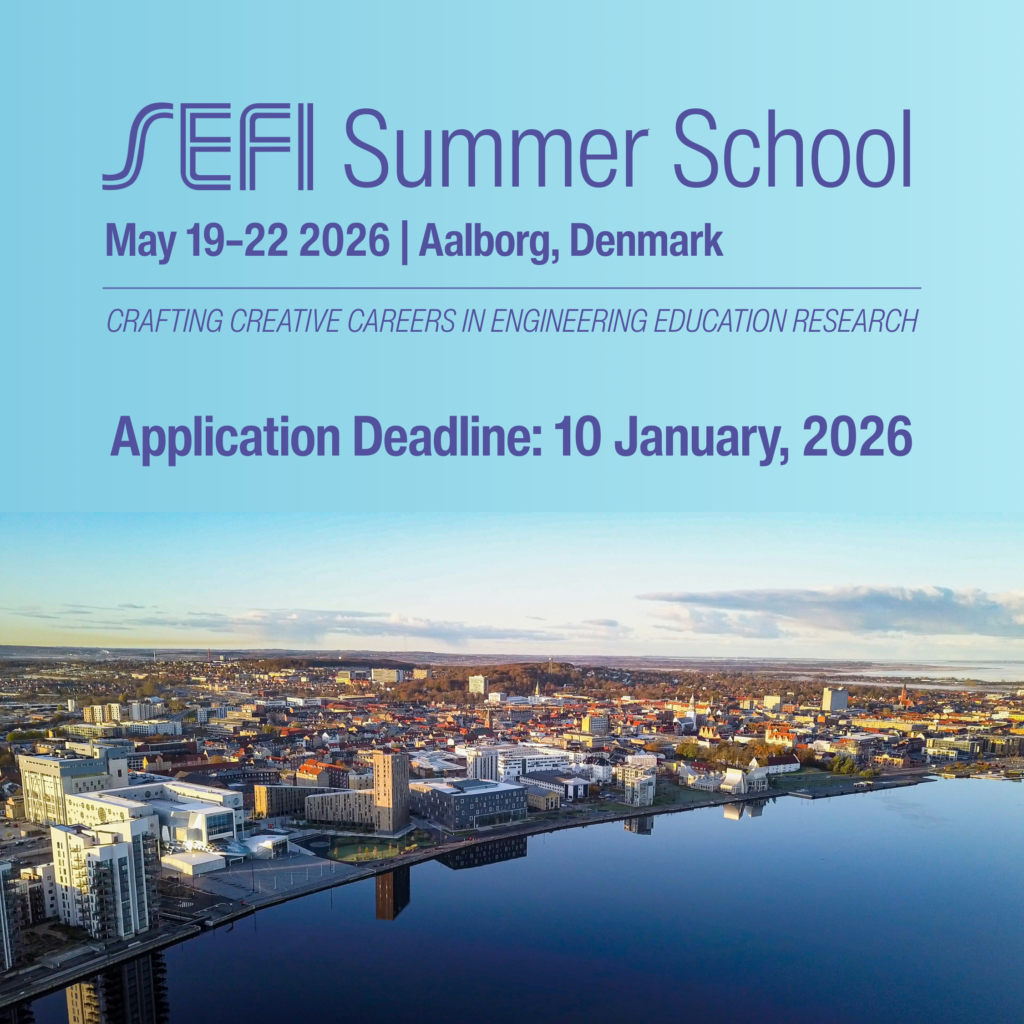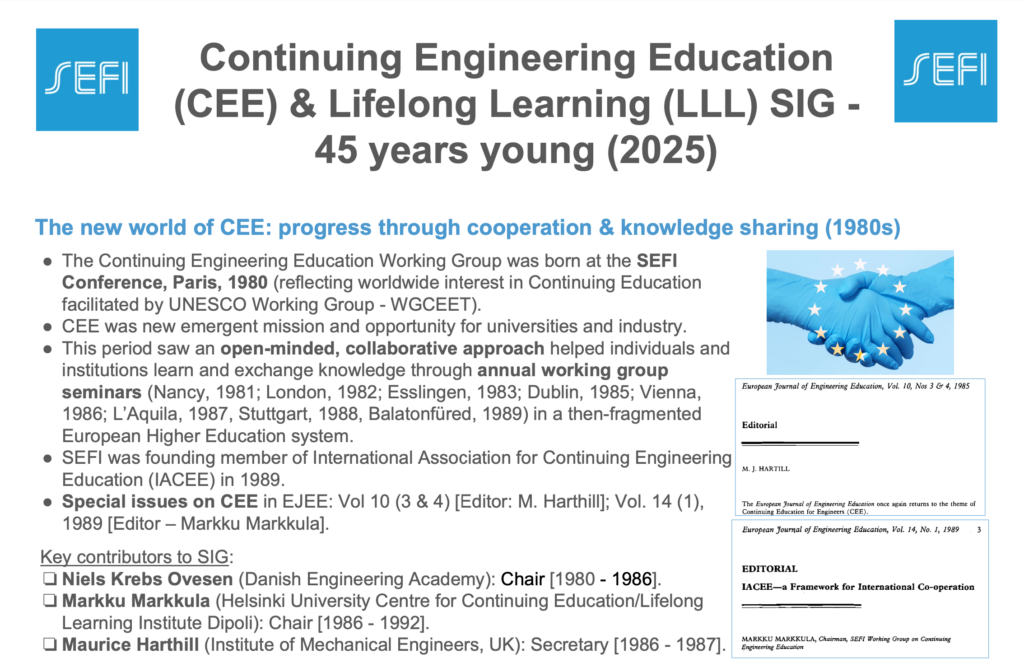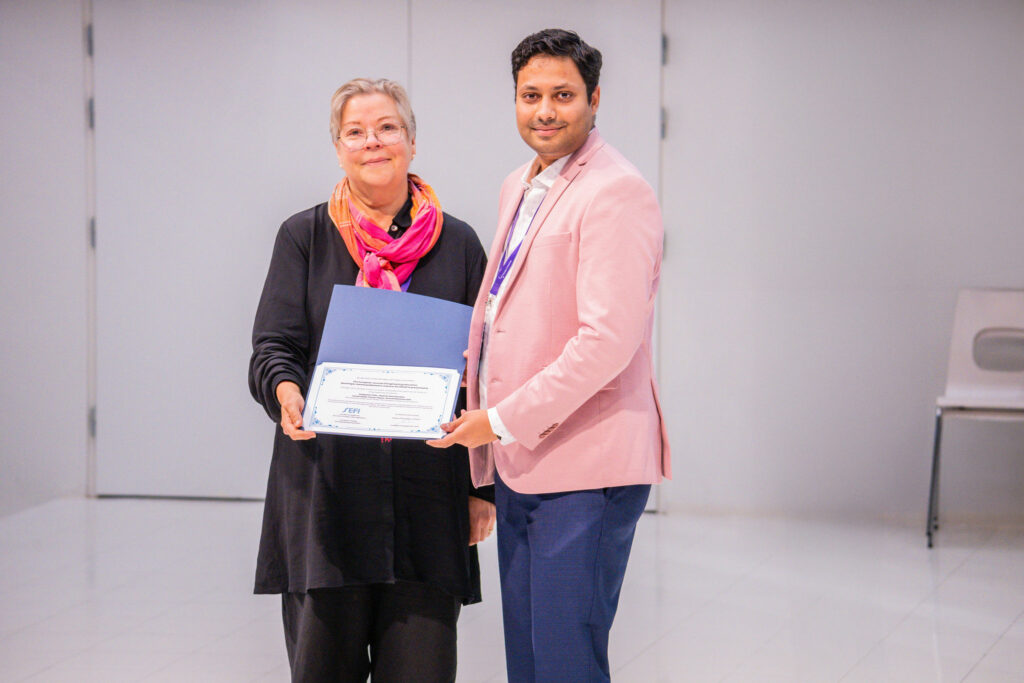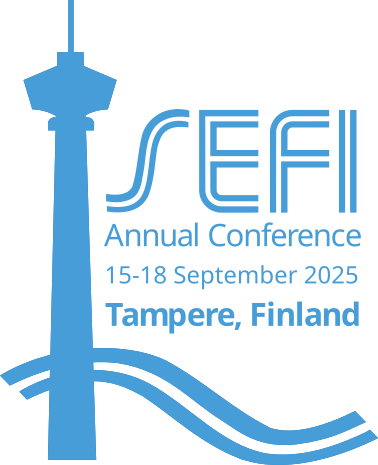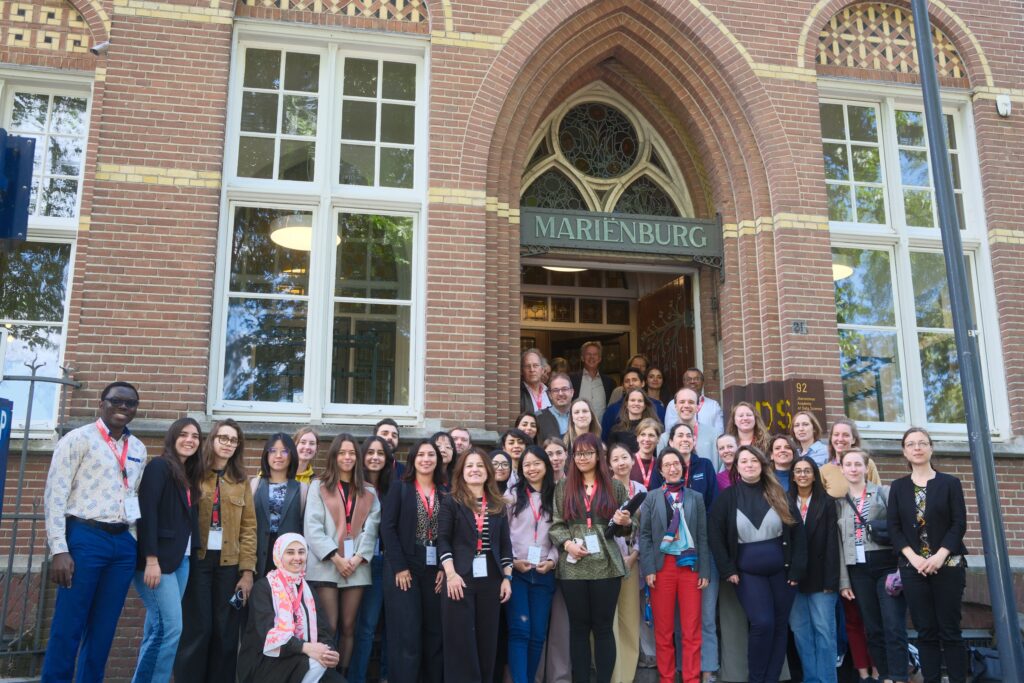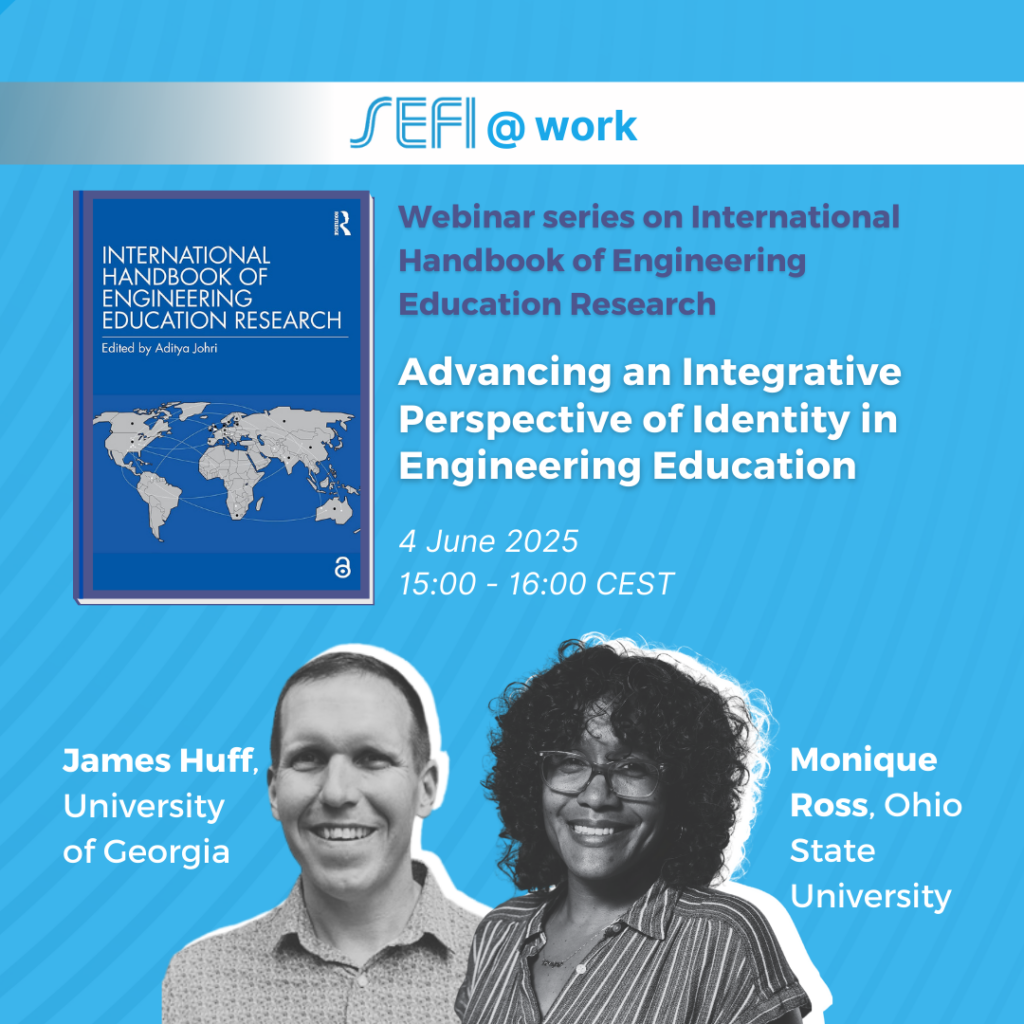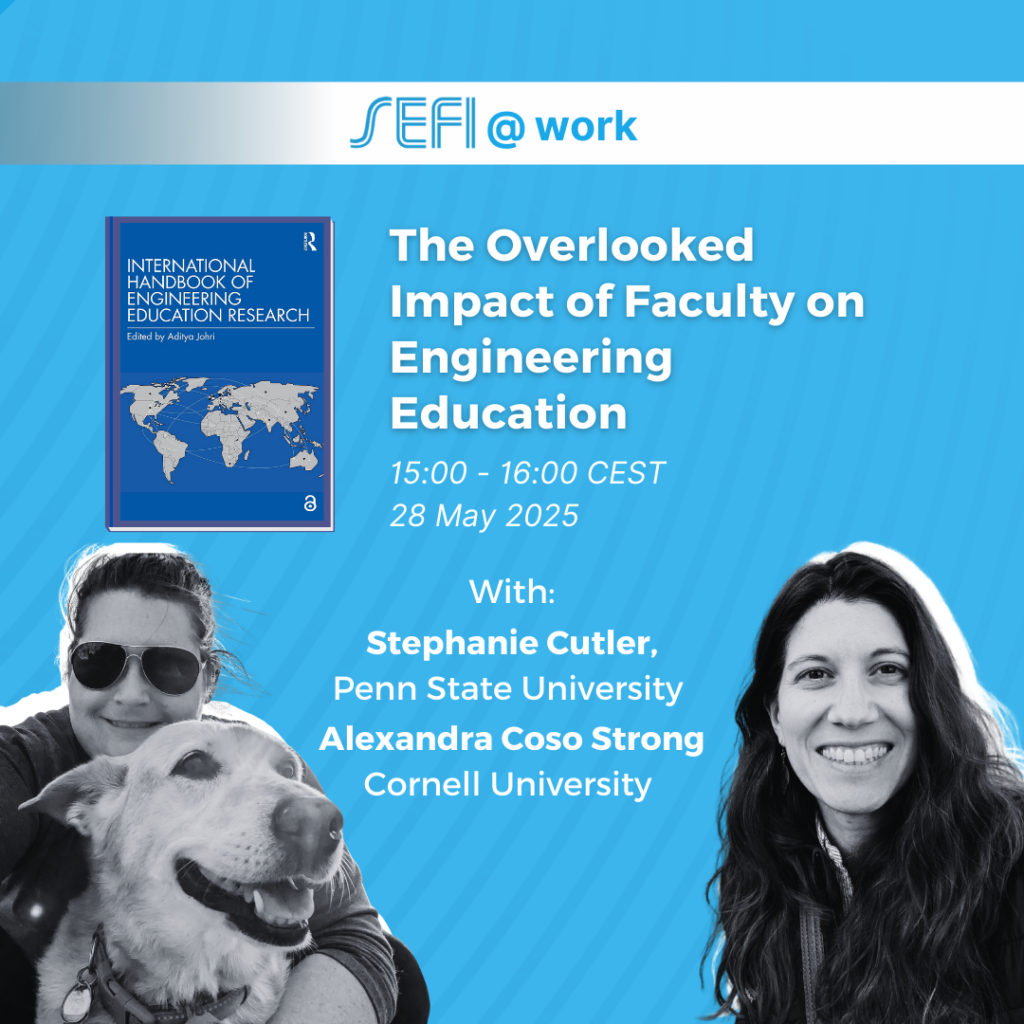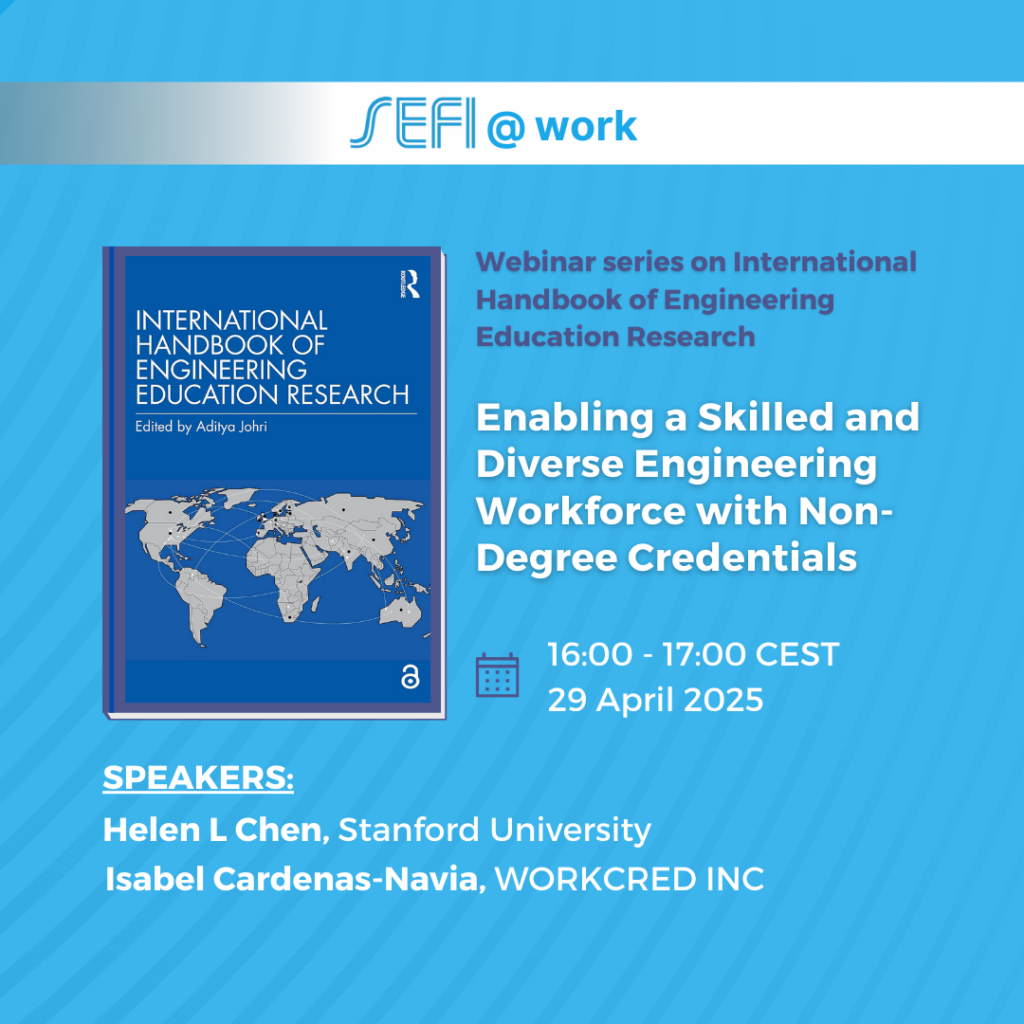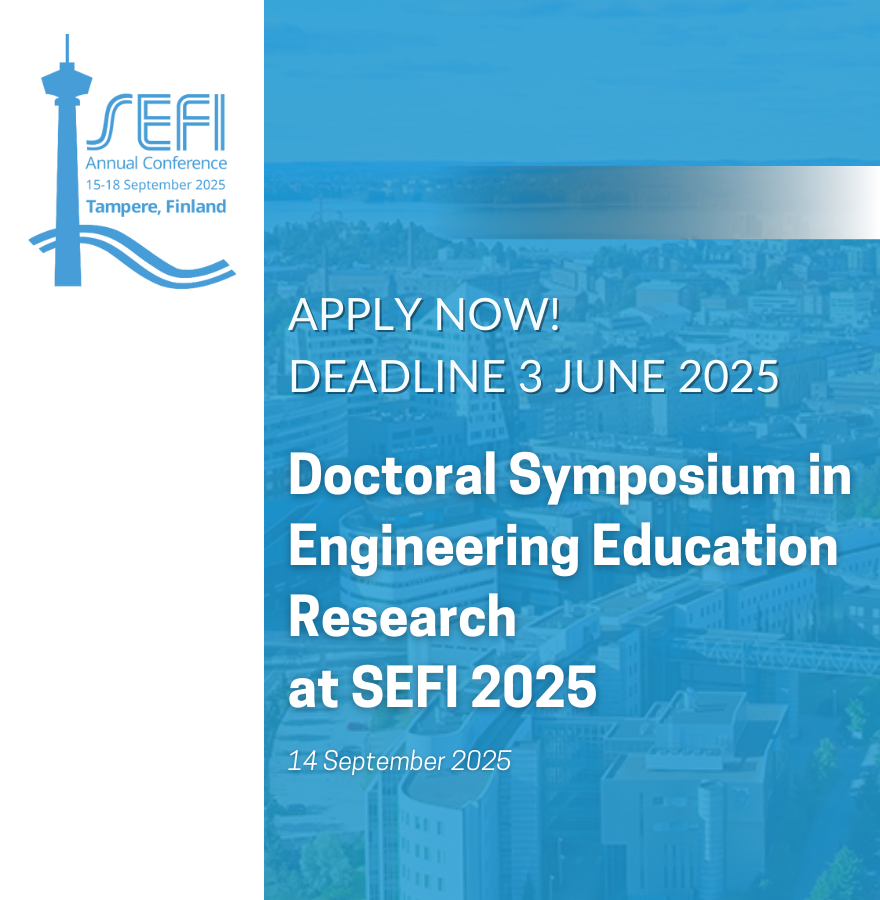Engineering Education Research is on the agenda for the improvement of higher engineering education and the development of strategies for solving important issues for the future of engineering education, such as recruitment, the need for new competences and the ability to deal with new types of interdisciplinary and complex knowledge.
Engineering education research in Europe, is characterized by a unique interdisciplinary approach where engineering education researchers do have various backgrounds in engineering, science, social science and educational psychology investigating higher engineering education.
Objectives
The overall objective of the SEFI Special Interest Group on Engineering Education Research (SIG-EER) is to create a European community of engineering education researchers in order to contribute with research evidence to the advancement of engineering education.
Specific objectives are :
- to raise awareness of the need of a research approach to the development of engineering education,
- to identify and define the research area of engineering education and the engineering education researchers,
- to support the establishment of engineering education research as a discipline in Europe as a whole as well as regionally,
- to establish and contribute to European research projects,
- to collaborate in the training of PhD students and to establish a European standard for doctoral training for engineering education researchers
- to influence and strengthen the engineering education research dimension at SEFI annual conferences
- to actively support the development of the SEFI journal European Journal of Engineering Education as a platform for research on engineering education
Activities
SIG-EER has seminars and meetings at annual conferences every year. In between there will be local initiatives. All the announced activities are to be found on the virtual platforms.
Organisation
The organisation of the SIG-EER will continuously be discussed among members. The intention is to have special interest group meetings twice a year and to run research symposia once a year. Beside these activities, there will initiatives related to projects, research training and the establishment of a community of practice.
